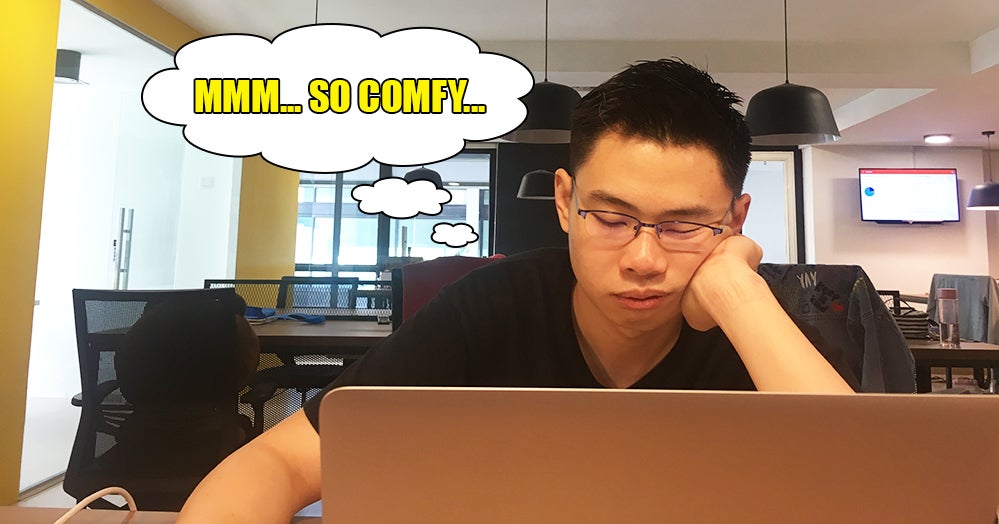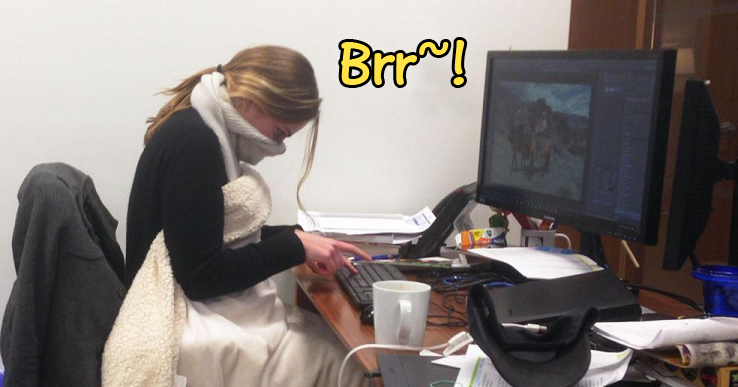You’ve just had a great meal for lunch and now you’re kind of dreading the next phase to follow. Yeap, that’s right. I’m talking about the dreaded ‘food coma’ or postprandial somnolence (in scientific terms). We’ve all been there.
You start feeling a bit tired and sleepy and you find that your concentration starts to waiver a bit.

Let’s take a look at what causes this dreaded food coma:
1. Carbs
A majority of us believe that the cause of our sleepiness is carbs.
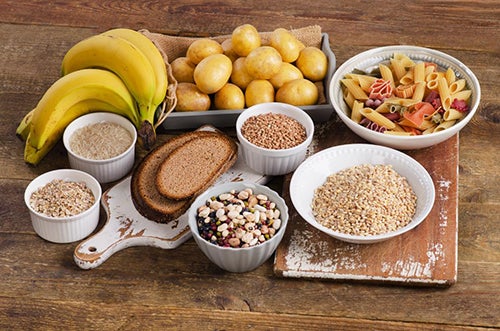
Source: Medical News Today
Here’s a simple explanation on how it works:
- Our bodies are equipped to break down simple carbohydrates like rice or bread into sugars that we use for energy.
- As they have a high glycemic index, our blood sugar level increases.
- Consuming a high amount of these foods boosts our energy but because we usually can’t produce insulin fast enough, other chemicals called tryptophan and serotonin can overwhelm us.
- This makes us feel sleepy.
This is the most plausible theory that is backed by science.
2. Digestion of foods rich in protein and salt
Recently, there was an interesting bit of research that looked at fruit flies as subjects.
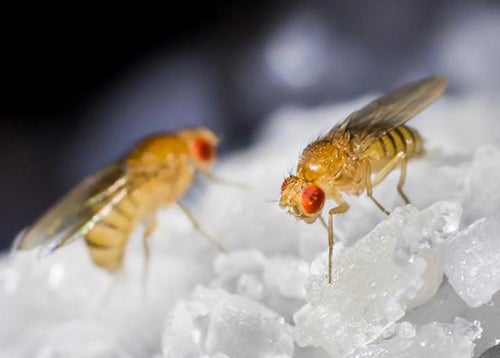
Source: The Old Farmer’s Almanac
The study suggests that the human body may need to work hard to digest foods rich in protein and salt. Dr. Robert Huber, who is part of the research team, mentions that, “If sleep increases your ability to resorb it (protein), that would be a possible reason. It’s the same thing with salt.” The quoted article also mentions, “Carbohydrates, on the other hand, are much easier to come by in nature, so might not call for such dedicated digestion.”
3. Huge portion size
The portions that you eat can also play a factor in enabling your food coma. The logical explanation behind this is because of the volume that you’re eating.
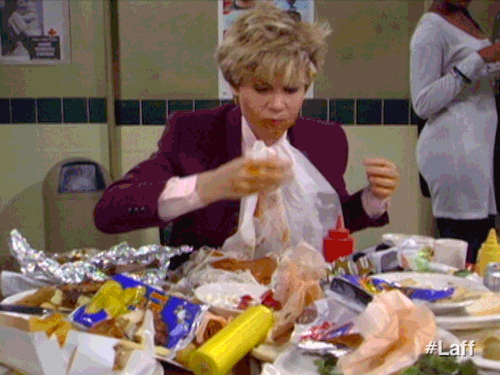
David Levitsky, a professor at Cornell University, states that, “The parasympathetic nervous system or ‘the rest and digest system’ is activated when you eat, but (the extent to which it induces sleepiness) depends on the magnitude of the meal.” Meaning that size of your lunch can definitely have a huge impact.
4. Change of blood flow
Levitsky also theorises that food comas relate to changes in circulation. When we consume food, it activates the gastrointestinal tract and “blood flow shifts from the muscles and brain into the stomach and intestines”. This leads to low blood volume in the brain, which is why we get woozy and tired.

After eating, our heart rates also slows down as intestinal activity increases. This leads to the blood shifts mentioned.
5. The dip of your circadian rhythm
Our circadian rhythm experiences a normal decrease in the early to mid-afternoon, that contributes to sleepiness and it gets worse when coupled with a meal.
Dr. William Orr from the University of Oklahoma Health Sciences Center explained that, “Around 1 or 1:30 p.m. is right about when that dip occurs, where we are a little more drowsy,”. He continues to say that, “Even if you don’t eat lunch, you would still get sleepy due to the circadian rhythm. But when we eat at this time, it’s a double whammy.”
So either way, you’re definitely going to feel sleepy around that time…

How not to end up in a food coma
If you’re wondering how to avoid a food coma, here’s a couple of tips to help you out.
- Avoid overeating – Okay, it’s really hard to do especially here in Malaysia but do give enough time for your body to settle and get the proper cues.
- If you can, opt for liquids like soup over solid meals to reduce the effect.
- Have a balanced meal – Protein and carbohydrates ideally in a one-to-two proportion. Choose plant-based or marine-based fats over animal-based saturated fats and don’t overlook the other major food groups.
- Light physical activity – Wait about 30 minutes then taking a quick walk could do a lot to help keep you more alert, as it will help increase circulation and stimulate your muscles.
- Have an apple – the action of chewing will help keep you focused and it has a similar effect to caffeine.
- Keep hydrated – When your body is dehydrated, it will slow down and your energy levels are more likely to drop.
Conclusion
Besides the study on carbs, there’s no conclusive evidence yet about what food could really lead you down the path of a food coma. The best thing that you can do is eat wisely to ensure that you don’t keep falling into the after meal sleep trap repeatedly.
Also read: 9 Real Malaysian Struggles Interns and Employees Alike Will Confirm Face at Work

